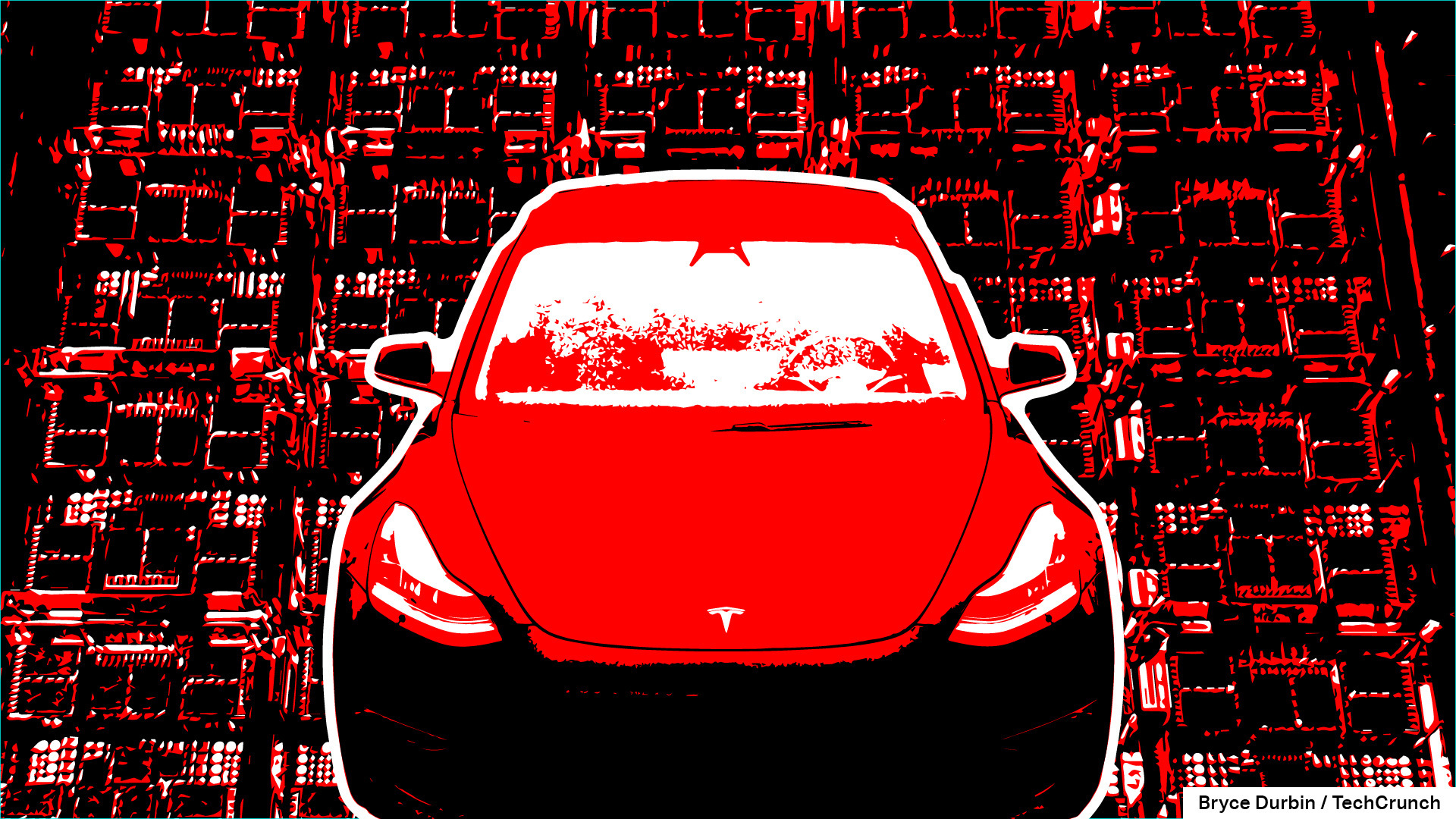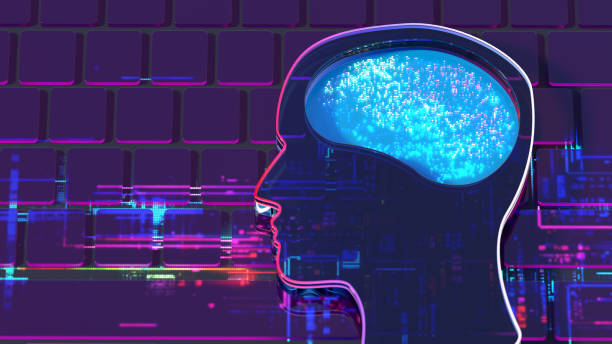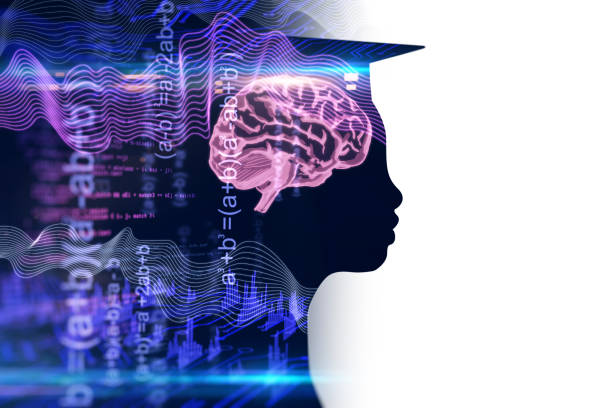Tesla and the End of the Dojo Dream
Tesla, a pioneer in the electric vehicle and artificial intelligence industry, has decided to disband the team responsible for its “Dojo” supercomputer. This move signifies the end of the automaker’s efforts to develop proprietary chips in the field of autonomous driving technology. The news, first reported by Bloomberg, indicates a major strategic shift for a company whose CEO, Elon Musk, had repeatedly touted Dojo as the cornerstone of Tesla’s ambitions in AI and achieving full self-driving.
Peter Bannon, the leader of the Dojo project, has left the company, and the remaining team members will be transferred to other data center and computing-related projects within Tesla. These structural and personnel changes raise many questions about the future of Tesla’s AI strategy and its path to fulfilling its self-driving promises. While Musk consistently emphasized Dojo’s importance for processing vast amounts of video data, it appears Tesla’s direction in this area has undergone fundamental changes.
Dojo’s shutdown follows the departure of approximately 20 Tesla employees who left the automaker to launch a new AI company called DensityAI. This new startup is set to emerge from stealth mode soon and focus on building chips, hardware, and software that power data centers for AI used in robotics, AI agents, and automotive applications. DensityAI’s founders include Ganesh Venkataramanan, former head of Dojo, and former Tesla employees Bill Chang and Ben Flooring. This mass exodus and the establishment of a competing company indicate internal challenges and intense competition in the AI space.

The Importance of Dojo in Elon Musk’s Vision
Since its initial introduction by Elon Musk in 2019, the Dojo project has consistently been presented as a vital part of Tesla’s strategy to achieve Full Self-Driving (FSD) capability. Musk believed that Dojo, with its ability to process an unprecedented volume of video data collected from Tesla’s vehicle fleet, would provide the company with an unparalleled competitive advantage. This supercomputer was intended to enable Tesla to train its AI models with unmatched speed and efficiency, reducing its reliance on third-party chips.
In 2023, Morgan Stanley predicted that Dojo could add $500 billion to Tesla’s market value by enabling new revenue streams in the form of robotaxis and software services. This forecast clearly demonstrated Dojo’s strategic importance to investors and the market. Even until recently, Musk continued to emphasize strengthening Dojo ahead of the unveiling of Tesla’s robotaxis last October. This level of commitment and investment highlighted Dojo’s central role in Tesla’s long-term plans to become a leading company in AI and robotics.
The Dojo project was not limited to just a supercomputer but also included a significant component of in-house chip manufacturing. Tesla officially introduced the D1 chip at its first AI Day in 2021. This chip was intended to provide the necessary power for the Dojo supercomputer alongside Nvidia GPUs. The automaker had also announced that it was working on the next-generation D2 chip, aiming to address any bottlenecks in the previous model’s data flow. These efforts demonstrated Tesla’s ambition to fully control its AI supply chain, from hardware to software.
Shifting Towards Cortex and External Partnerships
Despite Elon Musk’s previous emphasis on Dojo, discussions about the project gradually diminished around August 2024. Instead, Musk began promoting “Cortex,” which he described as “Tesla’s new, massive AI training supercluster being built at Tesla’s headquarters in Austin to solve real-world AI.” This change in name or focus indicated Tesla’s move towards a different approach in developing its AI infrastructure.
Sources familiar with the matter told Bloomberg that Tesla now intends to increase its reliance on Nvidia, as well as other external technology partners like AMD for computing and Samsung for chip manufacturing. This shift in direction represents a significant departure from the previous strategy of completely in-house chip development. Last month, Tesla signed a $16.5 billion deal with Samsung to produce its AI6 inference chips. These chips are intended to power both Tesla’s FSD system and Optimus humanoid robots, as well as for high-performance AI training in data centers.
During Tesla’s second-quarter earnings call, Musk implicitly alluded to potential overlaps. He stated, “Considering Dojo 3 and the AI6 inference chip, it seems intuitively we want to move towards convergence, where it’s essentially the same chip.” This remark could indicate that Tesla is looking to simplify and standardize its chip architecture, which might mean phasing out projects like Dojo that aimed to create an entirely separate ecosystem parallel to the mainstream AI chip market.
Implications for Self-Driving and Tesla’s Outlook
The decision to shut down Dojo, which Musk had for years championed as the backbone of Tesla’s AI efforts and the ultimate goal of full self-driving, is considered a fundamental strategic shift. While Tesla conducted a limited robotaxi rollout in Austin last June, this service was provided with Model Y vehicles and a human in the front seat, and incidents of problematic vehicle behavior were reported. These events, coupled with the abandonment of Dojo, raise questions about Tesla’s ability to achieve Level 5 full self-driving without this dedicated in-house infrastructure.
Focusing on Cortex and collaborating with giants like Nvidia can give Tesla access to advanced technologies and greater scalability, but at the same time, it means reducing Tesla’s control over its entire AI hardware stack. This new strategy suggests that Tesla might focus more on optimizing AI software and integrating it with existing market hardware, rather than trying to reinvent the wheel in chip development. This approach could accelerate development but also carries the risk of dependence on external suppliers.
The future of robotaxis and Tesla’s position as an AI and robotics company now depends more than ever on the effectiveness of the Cortex strategy and new partnerships. While Musk has always described Tesla as more than just an automaker, but an AI company, the path to achieving this vision is changing. Technical challenges and competition in the AI industry force Tesla to make difficult decisions and strategic shifts.
Wave of Talent Exodus and New Startups
The departure of 20 key Tesla employees from the Dojo team and the formation of DensityAI demonstrate the increasing attractiveness of the AI field for top talent. These individuals, including Ganesh Venkataramanan, former head of Dojo, and other specialists like Bill Chang and Ben Flooring, intend to focus their new company on data center solutions for AI across various industries. This could intensify competition in the AI chip and hardware market, especially as DensityAI will work on chips, hardware, and software for robotics, AI agents, and automotive applications.
This group departure of AI engineers and specialists from Tesla highlights the challenges of retaining talent in companies whose leaders are involved in multiple ambitious projects. Startups with clear focus and more agile structures can sometimes provide a more appealing environment for specialists looking for direct impact and rapid innovation. The emergence of DensityAI is an example of this dynamic in the tech industry, where fissures or strategic shifts in large companies can lead to the birth of new, influential players.
This competition for talent and ideas in the AI field is a constant battle. Given the growing importance of AI across various industries, companies must not only focus on technology development but also have effective strategies for attracting and retaining the best minds in this area. The departure of these individuals from Tesla may mark a turning point for Tesla’s internal AI strategy, paving a new path for growth and development in this critical sector.
The Elon Musk Issue and the $29 Billion Compensation Package
This news comes as Tesla’s board has proposed a $29 billion compensation package to keep Elon Musk at Tesla and help advance the company’s AI efforts, rather than becoming overly involved with his other ventures, including the pure AI startup xAI. This large compensation package reflects the board’s concern about Musk’s focus and the need to secure his leadership in Tesla’s AI direction.
Indeed, in addition to Tesla and SpaceX, Elon Musk has also founded xAI, a company directly focused on AI development. This potential conflict in focus and resources has always been a concern for Tesla investors. The decision to shut down Dojo and rely more on external partners might be part of an effort to optimize Tesla’s internal resources, allowing Musk to concentrate his time and energy on more strategic AI aspects across both companies.
This complex situation indicates that even with a charismatic and innovative leader like Elon Musk, steering multiple large and revolutionary companies in advanced technology fields requires balance and precise strategic decisions. Tesla’s future hinges on its ability to adapt to market changes, attract and retain talent, and effectively implement its new AI strategies, whether with in-house chips or by relying on external partners. These developments mark a significant transitional period for Tesla in the AI landscape.
Source: TechCrunch




